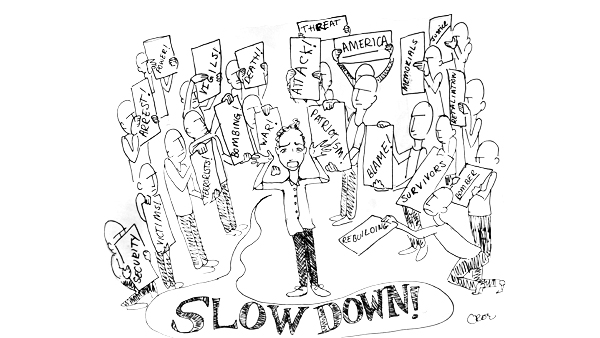
When a tragedy on American soil sparks a widespread sense of nationalism, the mainstream media finds itself in a powder keg holding a match. This was the case for major news organizations during the Boston bombings and the subsequent manhunt. The reporting from Boston shed light on the many opportunities for failure in America’s current 24/7 news cycle and the nature of information dissemination in the 21st century.
After a national tragedy, the pressure to find those responsible forces law enforcement to act quickly and the media to report every step of their investigation as it happens. This used to mean having content ready for every morning edition and ensuring the headlines kept up with the competition. Now, it means sending out information as it is received. This eliminates two of the most critical tenets of responsible journalism: the ability to vet information and the time to critically analyze the impact news will have on the community. In Boston, this meant releasing information about suspect leads that turned out to be false but still had the power to incite public revenge and put lives in danger. Further, media organizations bombarded people associated with the case without much regard for their personal privacy or the processes law enforcement must go through to ensure accuracy and public safety.
Individuals now have access to news at their fingertips. The Internet and social media have given the power to spread information to anyone with a Wi-Fi connection. Breaking news spread through social media in times of crisis is currently about as reliable as the Farmers’ Almanac, and it is the responsibility of both content creators and content consumers to police these posts. Traditional news organizations cannot easily retract information they provide online as their followers almost instantly spread that content to their own networks. As new methods of information dissemination grows, both media professionals and consumers must be more cautious of what is posted and ensure journalistic values stay intact, even if that means slowing down the news cycle.







